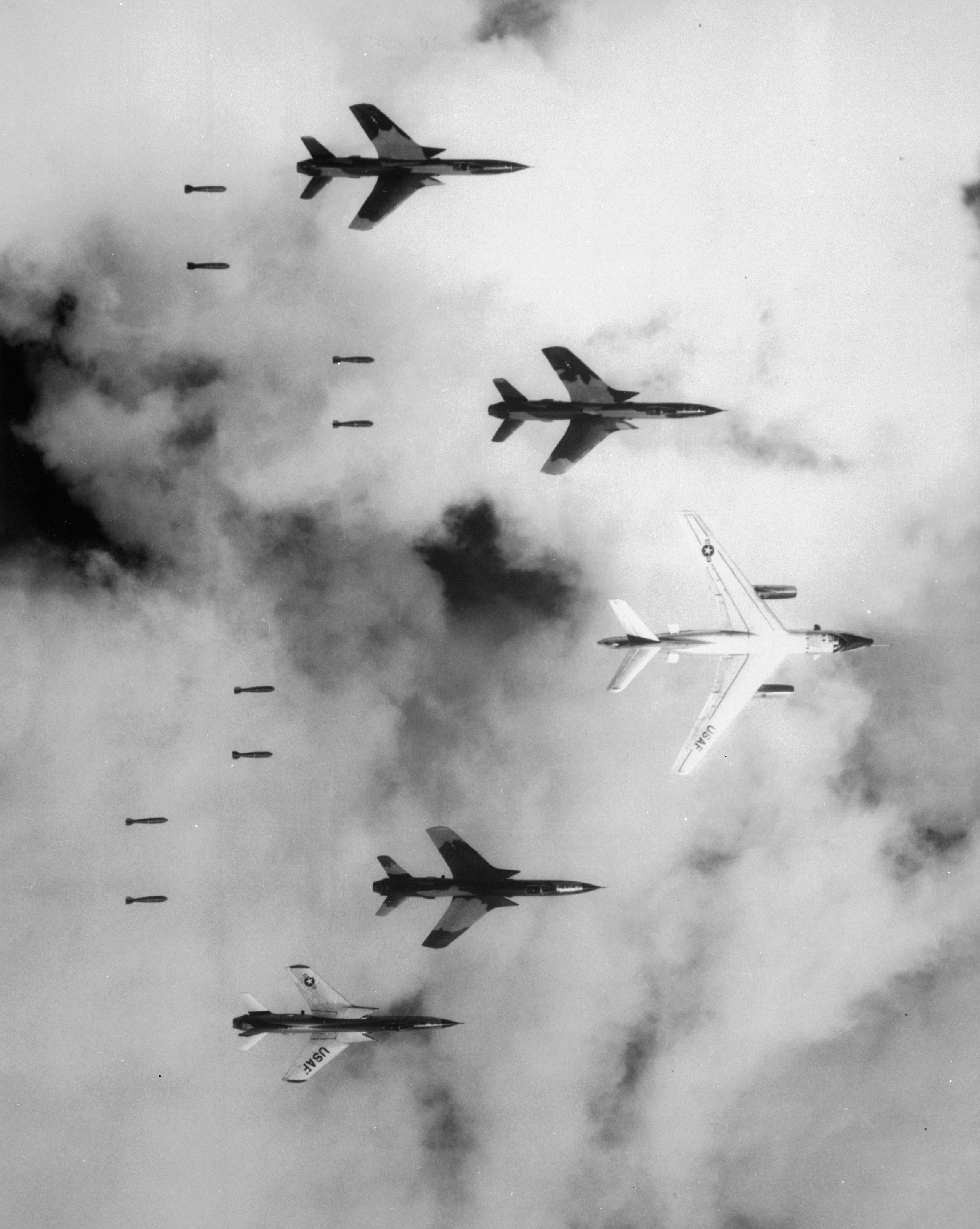President Bush spoke Monday at the Montebello meeting of North American leaders in Canada. Expressing a sentiment Americans can sympathize with, Bush admitted to “a certain level of frustration” with the Iraqi government’s failure to unify its warring enclaves. His comments came shortly after the top American diplomat in Baghdad, U.S. Ambassador Ryan Crocker, offered a downbeat assessment of the Iraq situation -- a kind of report before the report -- calling political advances there “extremely disappointing.”
On Wednesday, in a speech to a Veterans of Foreign Wars convention in Kansas City, Mo., Bush repackaged his standard stick-with-the-plan speech, with fresh urgency:
“Our troops are seeing this progress on the ground. And as they take the initiative from the enemy, they have a question: Will their elected leaders in Washington pull the rug out from under them just as they are gaining momentum and changing the dynamic on the ground in Iraq?”
Then the president further tried to make his case by summoning the ghost of the last truly disastrous national military intervention, a spectre we would not have thought this White House would dare to arouse.
“Whatever your position in that debate, one unmistakable legacy of Vietnam is that the price of America’s withdrawal was paid by millions of innocent citizens whose agonies would add to our vocabulary new terms like ‘boat people,’ ‘re-education camps,’ and ‘killing fields,’ ” Bush said, alluding to the horrors of Pol Pot and the Khmer Rouge in Cambodia.
 But wait. He said the V word! VIETNAM. The images cascade before the national eyes. Choppers landing in blood-soaked LZs to ferry scores of American wounded to a safe place. Frantic firefights. The incineration of innocents. An embassy under siege. The North Vietnamese flag flying over Saigon. American might visually characterized, forever, by the images of empty Huey helicopters pushed from the decks of aircraft carriers into the sea, or crowded Hueys in bugout mode with refugees dangling from the struts.
But wait. He said the V word! VIETNAM. The images cascade before the national eyes. Choppers landing in blood-soaked LZs to ferry scores of American wounded to a safe place. Frantic firefights. The incineration of innocents. An embassy under siege. The North Vietnamese flag flying over Saigon. American might visually characterized, forever, by the images of empty Huey helicopters pushed from the decks of aircraft carriers into the sea, or crowded Hueys in bugout mode with refugees dangling from the struts. After seeing an advance draft of the Montebello speech, historian Robert Dallek said in a New York Times interview excerpted on Aug. 21 that the mayhem under the Khmer Rouge “was a consequence of our having gone into Cambodia and destabilized that country.”
Dallek’s historically-based assertion is surely the right one, and points to another White House misreading of recent American history. But what’s more curious, and wholly unexpected, is the administration’s relatively sudden embrace of analogies with Vietnam in the voicing of White House policy.
Not so long ago, any phrasal linkage of the war in Iraq with the Vietnam War was anathema to the administration. The connections between the two, so White House reasoning must have gone, were too redolent of historical failure and horrific memories to be of service in establishing the policy language for Operation Iraqi Freedom. Why the switch?
Maybe it was what Alexander Haig said last year. Haig –a man more or less present at the creation of the Vietnam Experience -- spoke at a March 11, 2006 conference at the John F. Kennedy Presidential Library and Museum in Boston. Haig compared Vietnam to Iraq as an example of America repeating an earlier mistake. “Every asset of the nation must be applied to the conflict to bring about a quick and successful outcome, or don’t do it,” Haig said, according to the Associated Press. “We’re in the midst of another struggle where it appears to me we haven’t learned very much.”
 Now, by invoking the Khmer Rouge, the killing fields and other signatures of the Vietnam conflict, the Bush administration seems to have come to terms with the analogies – as well as with validating, whether intending to or not, Sen. Ted Kennedy’s long-ago assertion that “Iraq is George Bush’s Vietnam.”
Now, by invoking the Khmer Rouge, the killing fields and other signatures of the Vietnam conflict, the Bush administration seems to have come to terms with the analogies – as well as with validating, whether intending to or not, Sen. Ted Kennedy’s long-ago assertion that “Iraq is George Bush’s Vietnam.” That would suggest it was intentional. The other possibility is that the administration didn’t see the analogy through, that they really don’t realize how bad the comparison looks. Yeah, the West Wing speechwriters came up with the name of a group of terrorists who slaughtered in wholesale numbers. That's the easy association.
But the dissimilarities between the Khmer Rouge in Cambodia and al-Qaida in Iraq, and the eras in which they grimly prevailed, beg the question of why the Bush White House would use a cold-war symbol to analogize a situation in the current asymmetrical conflict in the first place. Is this just more tone-deafness from the Bush White House? Has Karl Rove left the building yet?
The countdown clock to release of the Petraeus report is off and running, but it would seem the administration is field-testing responses to that report right now. But Bush’s Kansas City address summons precisely the historical comparisons the administration used to say were Not Helpful, and points again to a White House at odds with itself. There’s a disconnect somewhere, but one not nearly as troubling as the short-circuit of confidence playing itself out between Washington and Baghdad
The lack of confidence in the Iraqi government the White House has invested blood, treasure and credibility in speaks poorly of the Maliki government, and less well for the U.S. government that made the Maliki government possible.
====
Images: Wikipedia > Defense Department > Public domain






No comments:
Post a Comment